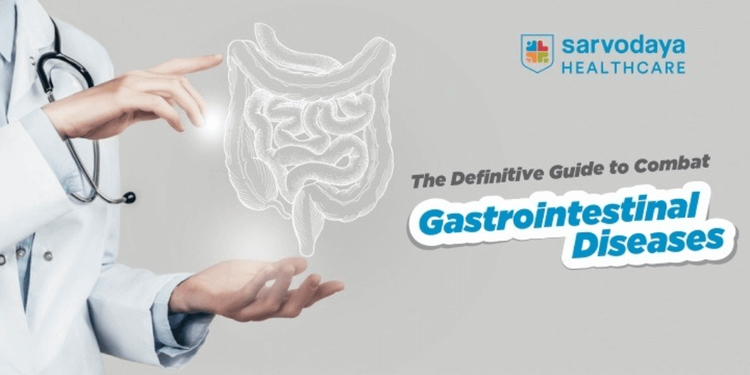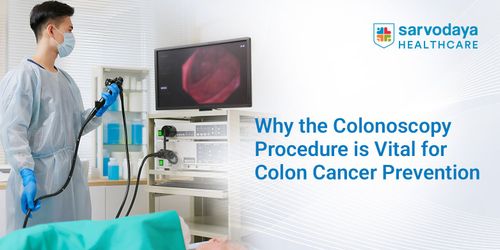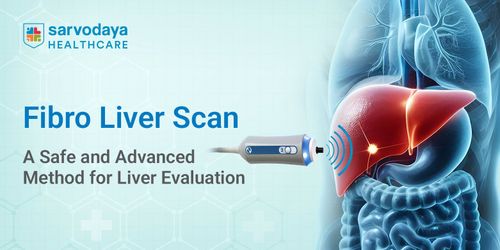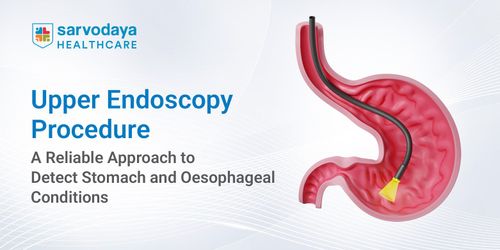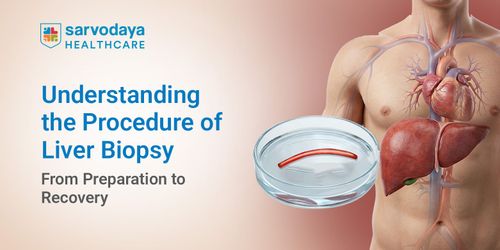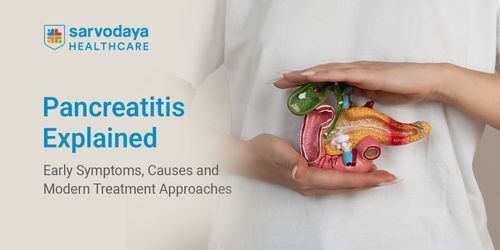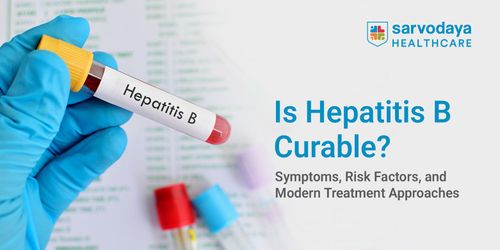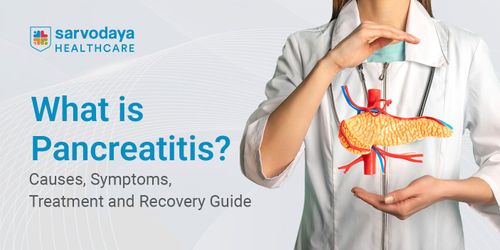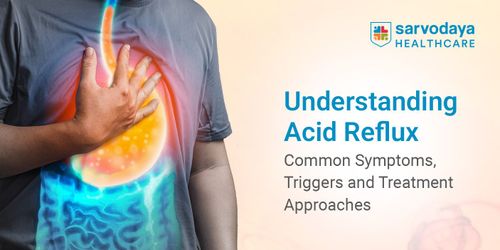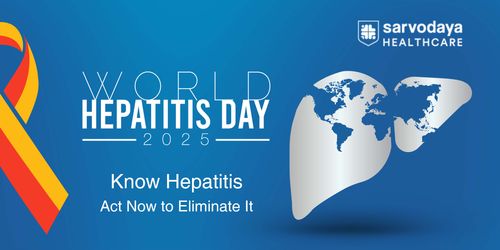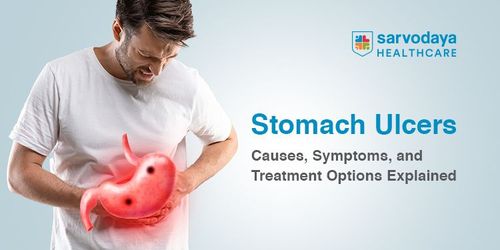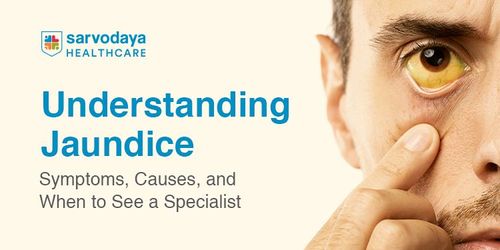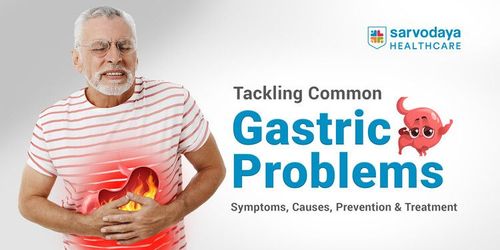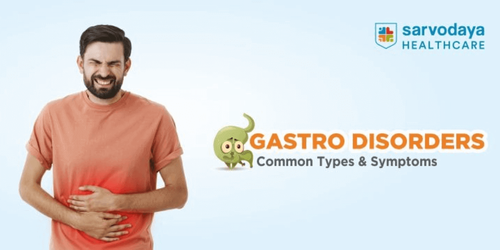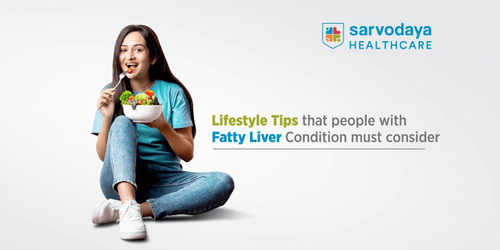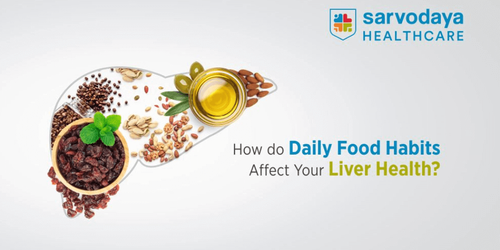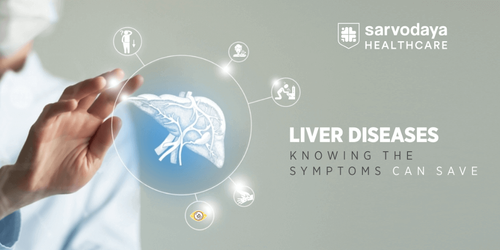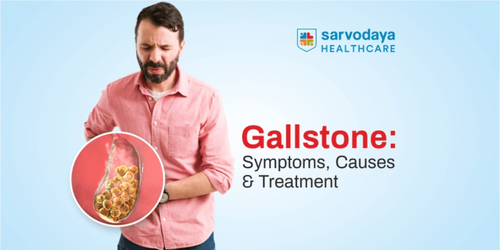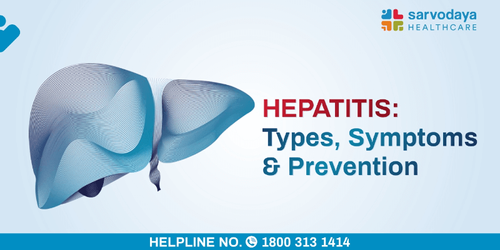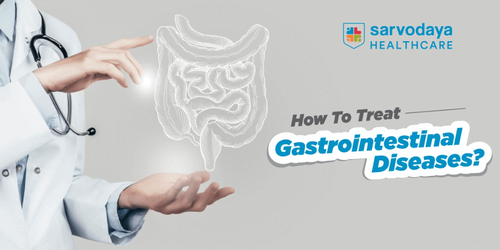Gastrointestinal diseases can be a big pain in the stomach. Did you know that the World Health Organization estimates that over 60% of the world’s population have some form of GI disease? There are many different types of GI diseases, from irritable bowel syndrome and Crohn’s Disease to food poisoning and appendicitis.
The gastrointestinal system includes the mouth, throat, esophagus, salivary glands, stomach, small and large intestines, rectum, gall bladder, pancreas, liver, and anus. Chronic digestive illnesses include Crohn's disease, celiac disease, ulcerative colitis, inflammatory bowel disease, and liver ailments. Such conditions require proper treatment and care from a specialized gastroenterology specialist
This blog will take you on a journey through the various treatments that are available for gastrointestinal diseases. We'll introduce you to the gut and explain some of the gastrointestinal issues that could be causing you problems.
Symptoms Of Some Common Gastrointestinal Diseases
Viral Gastroenteritis – Commonly known as stomach flu, it is basically an infection that affects the functions of the intestines. Symptoms include:
- Vomiting
- Watery diarrhoea
- Cramping
- A low fever
- Nausea
Food Poisoning– it is an illness that usually occurs due to contaminated food intake. Symptoms may appear within 8 to 12 hours after food intake, which may include:
- Nausea
- Vomiting
- Diarrhoea
- Fever
- Cramps
Gastrointestinal Infections– Such infections are usually caused by viruses, bacteria, or parasites in one’s GI tract. Common symptoms include:
- Diarrhoea
- Abdominal discomfort
- Vomiting
- Difficulty sleeping and restlessness
- Itching surrounding the infection site
- Constipation
Gallbladder treatment
Some serious symptoms of gastrointestinal diseases that require immediate medical attention include:
- Persistent and severe abdomen pain
- Vomiting blood or coffee ground-like material
- Melena (black, tarry stools)
- Hematemesis (vomiting blood)
- Unexplained weight loss
- Anorexia (loss of appetite)
- Chronic fatigue
- Jaundice (yellowing of the skin and eyes)
Diagnosis
GI illnesses are diagnosed with a multitude of examinations depending upon the symptoms and recent activities. Patients are usually referred to a gastroenterology specialist for diagnosis of chronic disorders. Beyond diagnosis, the specialists may help the patient with adjusting their lifestyle, diet, medications, or symptom management.
Treatment Of Gastrointestinal Diseases
There are a number of different treatments for gastrointestinal diseases, depending on the specific condition. In many cases, treatment will focus on relieving symptoms and maintaining hydration. This may involve dietary changes, medication, and lifestyle modifications. For more serious conditions, such as inflammatory bowel disease or cancer, more aggressive treatment may be necessary. This may include surgery, radiation therapy, or chemotherapy. The goal of treatment is to control the disease and minimize its impact on the patient's quality of life.
This concludes our guide to gastrointestinal diseases. We hope you found it informative and helpful in understanding these conditions better. If you or someone you know is suffering from any of the diseases covered in this guide, do not hesitate to seek medical help. Remember, early diagnosis and treatment can make a big difference in the outcome of these diseases.
If you're struggling with Gastrointestinal or Gallbladder disease, contact our specialists at Sarvodaya Hospital. At Sarvodaya Hospital, Sec-8, Faridabad, we offer world-class Gastrointestinal disease and gallbladder disease treatment in Faridabad . Our specialists leverage high-end technology to offer the best treatment options for all GI diseases. Get in touch to know more about us.


